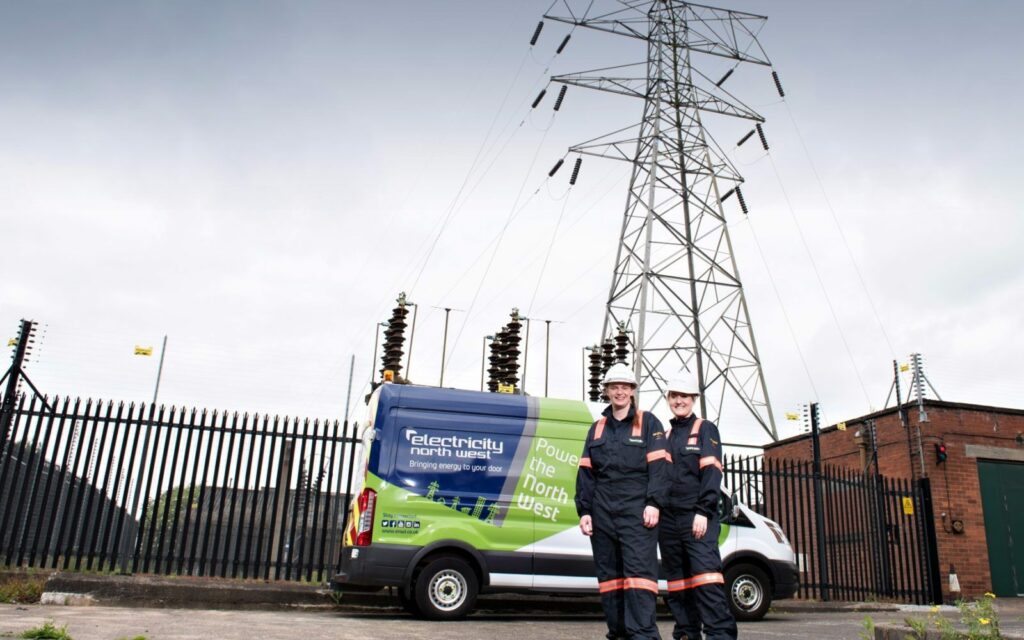Electric vehicle (EV) chargepoints added to the network in the north west have increased by 346% since 2019 according to new data from Electricity North West (ENW).
Demand for new connections in the north west has quadrupled since 2019, with 67 connections taking place that year, 223 in 2020 and 433 in 2021 so far, although this doesn’t include standard home EV chargers.
ENW’s investment in support of this has also increased significantly, rising by 2,412% since 2019.
The distribution network operator (DNO) is now proposing the creation of a £1 million fund to support more EV charging hubs along major A-roads across the region, while also planning to reinforce the network in North Carlisle, Cumbria, Forton in Lancashire and Heywood, near Oldham. This will support more EV chargepoints at Todhills, Lancaster and Birch motorway service stations respectively.
Last year, the government announced its Rapid Charging Fund, which is to be used for grid upgrades at motorway service stations to achieve the government’s goal of there being six high-powered charging points between 150kW and 350kW available at each motorway service area in England by 2023.
Meanwhile, the Competition and Markets Authority last week opened an investigation into the Electric Highway’s long-term exclusive arrangements with motorway service operators Moto, Roadchef and Extra, stating it is concerned this is making it difficult for other operators to provide competitive chargepoints.
In February, ENW called for feedback on its strategy to support the 3 million EVs predicted to be use in its region by 2050, and in its RIIO-ED2 business plan outlined its intentions to invest £2.022 billion over the price control period to help build capacity for the rise in technologies such as EVs and ground source heat pumps.
Steve Cox, engineering and technical director at Electricity North West, said: “This will perhaps be the most visible shift in the way we use energy but it will be just one of a number of huge transitions that we will all be making as part of the shift to net zero – and we’re determined to not only be ready for them all, but to lead the region through those changes with our expert advice and support.”





